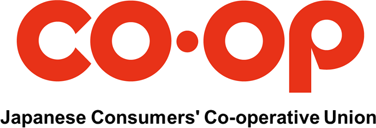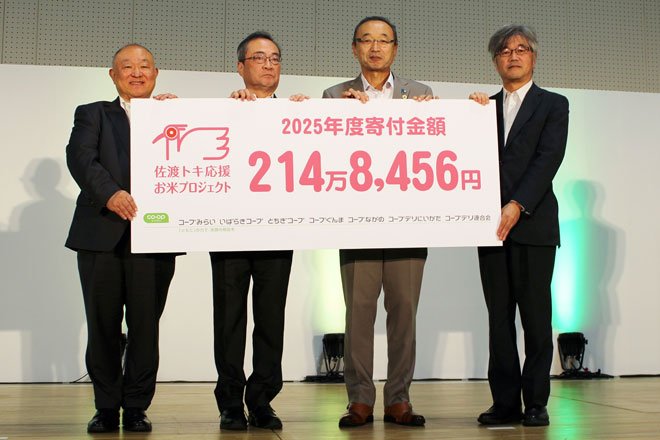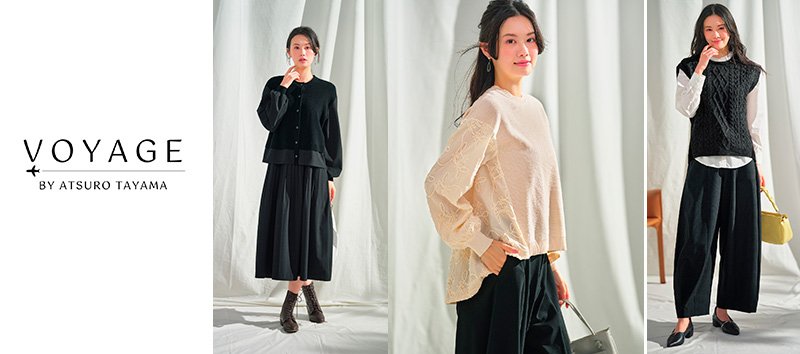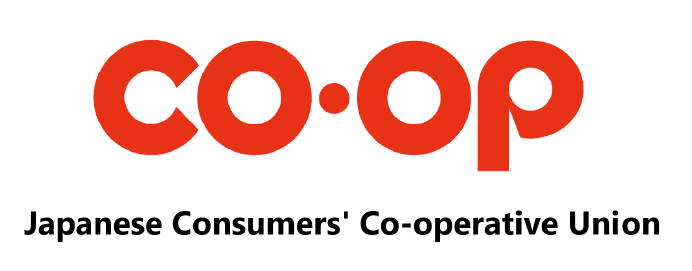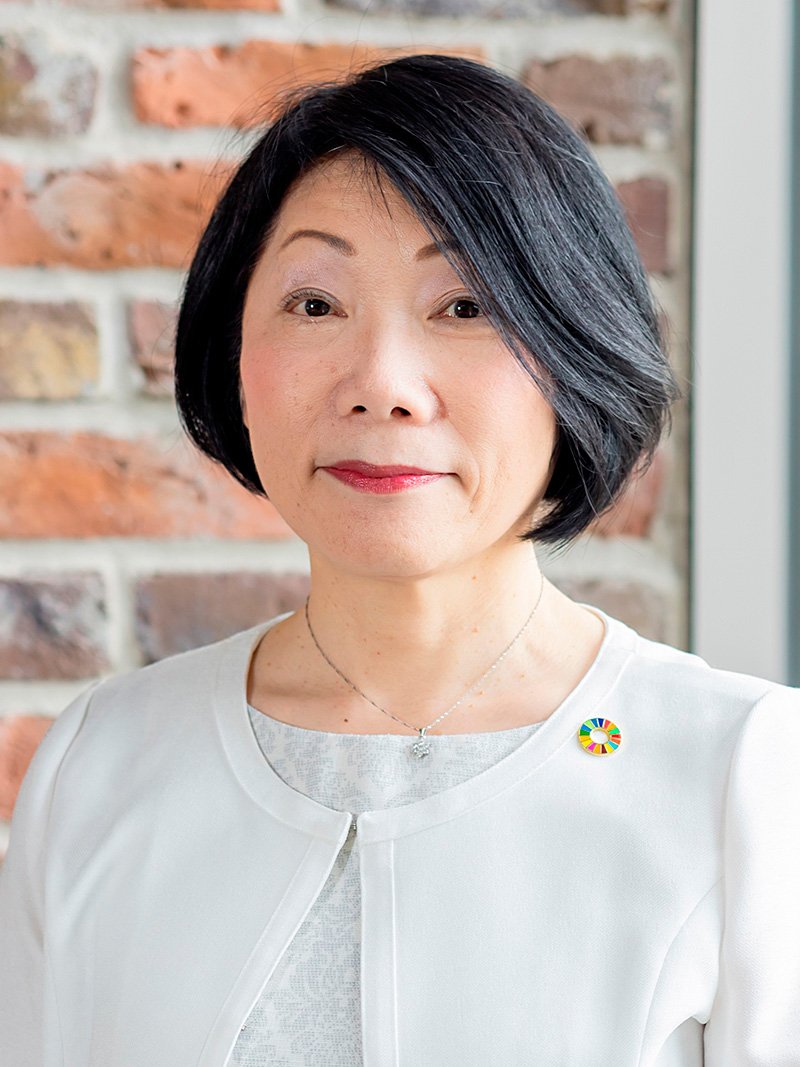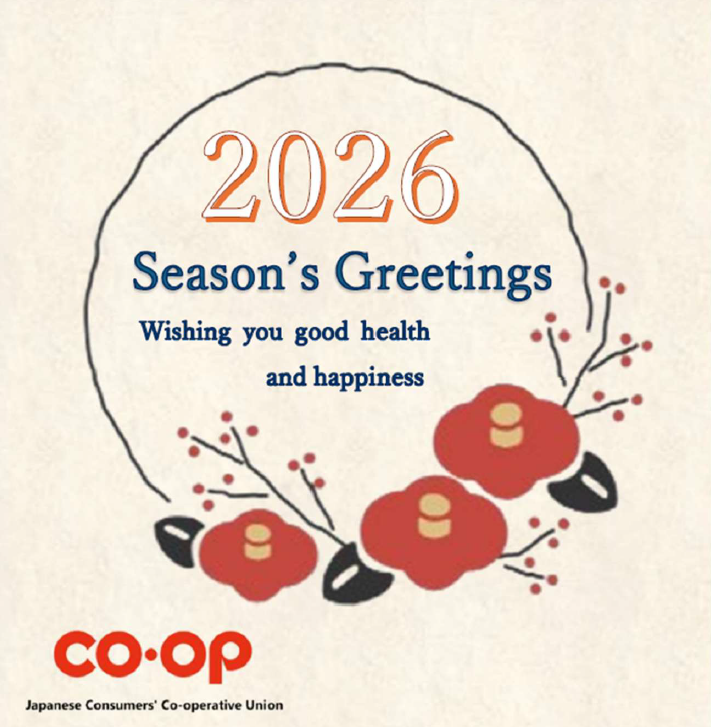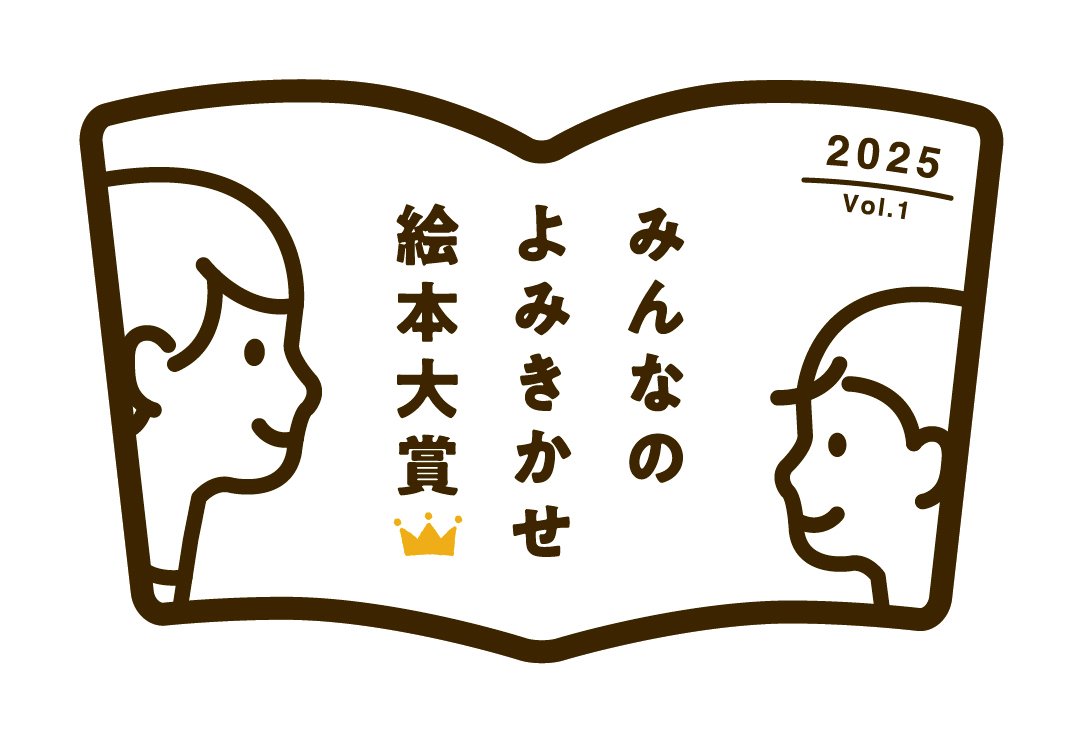The role of consumer co-ops in achieving a sustainable society (Exclusive Interview)
2017.12.11
JCCU and member co-ops are promoting efforts aimed at "realizing a sustainable society" as raised in "The Ideal of Japanese Consumer Co-ops Movement for the 21st Century" formulated in 1997. Co-operatives are recognized as one of the major stakeholders expected to keep advancing activities towards the achievement of the goals of SDGs set forth in the UN 2030 Agenda for Sustainable Development adopted by the UN General Assembly in 2015.
President of JCCU HONDA Eiichi, had an exclusive interview with Ms. KUNIYA Hiroko, a news caster for NHK, to report the progress, policies, and details of consumer co-op’s initiatives in achieving a sustainable society.
HONDA Eiichi (R), President of JCCU, Ms. KUNIYA Hiroko (L) News Caster
Aiming at solving social problems
HONDA:
JCCU and member co-ops are engaged in a variety of initiatives through co-op businesses, aiming at helping to change the current Japanese society to a type where no one could be left behind. You have an international perspective and had been working on social issues at NHK's " Close-up Gendai (modern day) ". What kind of image do you have for co-operatives?
KUNIYA:
In my image, Co-op is an organization that stand in consumer’s point of view to raise a platform to connect consumers and producers for a common interest and as well provides services and products that embraces food safety and security.
HONDA:
Providing safe and secure food is the primary aim of consumer coops, but it is also a major objective of the co-op to solve social issues in accordance with the needs of members living.
KUNIYA:
SDGs' idea is to simultaneously solve social, economic and environmental problems. The economy and the society are built by maintaining a large earth system, however, the sustainability of the most very important earth system as a whole is now in danger.
It has come to a stage where the society, consumers and organizations must have a clear understanding of the issue and act accordingly.
Japanese consumer co-ops have 28 million members and I think it is a very good organization to make a big movement.
HONDA:
Consumer co-op is not just an established organization in which members are affiliated with, rather all the members play a leading role in the overall businesses and activities of the co-op. The value of consumer co-op can be shown when each member think and act voluntarily to change their own lives and the society. So talking about SDGs, the best way to proof the true power of consumer co-op is making each member say "I think SDGs is really good. I’m in.”
KUNIYA:
I see. As a consumer co-op, how to promote the change of consciousness of consumers/members who choose goods and services is very important.
Ethical lifestyle: (Turning to ethical consumer)
KUNIYA:
Twelve out of the 17 objectives of SDGs concern sustainable production and consumer security. Among them is the third target that aims to halve the disposal of food by 2030. Already in France, a law that forbids supermarkets from discarding any excess foods that could be eaten has been enforced. Such foods are directed to people in need through food banks etc. Japan, the United States and France are the three major food wastage countries. Except Japan, the other two countries have a high food self-sufficiency rate, but Japan accounts for less than 40%. Food disposal is 28 million tons in Japan. Among them, "food loss", which is throw away but could still be eaten is approximately 6.32 million tons. This is twice the amount of food aid being given worldwide. For example, if consumer co-ops nationwide could conduct a campaign with the banner "You will be a champion to reduce food waste by half", the significance of the existence of consumer co-op will be enhanced.
HONDA:
Many consumer co-ops are already working on food banks and other activities. Still, considerable amount of food is discard in our members’ daily lives. Some co-op store staff says that it is really painful to see unsold food being thrown away.
KUNIYA:
Japan is a country of abundant rain. However, the country imports food made using water resources and soils in many other countries. I believe there must be a way of doing business that addresses the thought of ethical way of living and ethical consumption.
HONDA:
Until now, there has been a thought that if good products could be procured cheaply worldwide or domestically , it would be good for consumers. However, actual living does not consist only of consumption. Consumer co-ops have been engaged in “Sanchoku” activities since the early 70s. This system involves a tie-up between producers and consumers for the production of fresh food and uses the system as a platform to deepen mutual understanding between consumers and producers through exchanges. We think that if people can find work to do in the community, earn some money and become a good consumer that is when we can say good living is established.
KUNIYA:
We need to promote the idea of interlinkage (mutual cooperation).
Promote activities by fusing with other organizations
KUNIYA:
MDGs, the predecessor of SDGs, set a goal of halving 1.9 billion people living on less than 1 dollar 25 cents a day, down to 840 million. On the other hand, other problems such as disparity and regional bias have been born. In Japan, the rural areas are suffering economic decline. To address such problems the SDGs becomes indispensable. For example, creating businesses that does not emit carbon dioxide, but favors the employment of women and disabled persons. How can we all have such consciousness? Are consumer co-ops nationwide working on these issues?
HONDA:
Now, in Japan, one out of every six children is said to be suffering from poverty. I think the government alone cannot solve the problems. There are also non-profit organizations etc. that are developing small-scale but very unique ideas. From now on, I think, it is important for co-op to connect with these various organizations. I believe that if non-profit organizations (NPOs) that are beginning to emerge in the regions are nationally connected in common terms, it will become more powerful.
KUNIYA:
I think, consumer co-op has the potential to nurture food banks across the country, or there seems to be many useful ways such as spreading the know-how of existing NPOs to become models in food bank efforts nationwide.
HONDA:
I think the possibilities are infinite. The local government has opened the door to we consumer co-ops and NPOs. I think it is becoming activity-friendly environment to operate.
To enrich living "mutual help"
KUNIYA:
Through the supply of 4,500 CO・OP Brand Products, consumer co-ops cooperates with various business operators. Can consumer co-ops become a platform to address the environmental problems that business operators are trying to address?
HONDA:
I say yes. Our main focus is to target the livelihood of the local people and supply safe and quality products that will enrich their lives. We want to incorporate the concept of mutual assistance among them. The idea that all human activities should not be pursued alone is the basic idea of cooperatives. There is a possibility of growth indefinitely if co-op business is built up this way, and by this alone we could change our own lives. In the future the effort will also contribute to developing and emerging countries.
KUNIYA:
I think that it is possible with consumer co-ops having wonderful infrastructure. The most difficult thing is whether or not each and every member and staff of consumer co-ops can think of this way.
HONDA:
Our greatest strength is our members. I’m really excited about how each of them , as a member of the society, think and act, not with profit-and-loss arithmetic but for sustainability for everyone. Thank you for your precious time.
